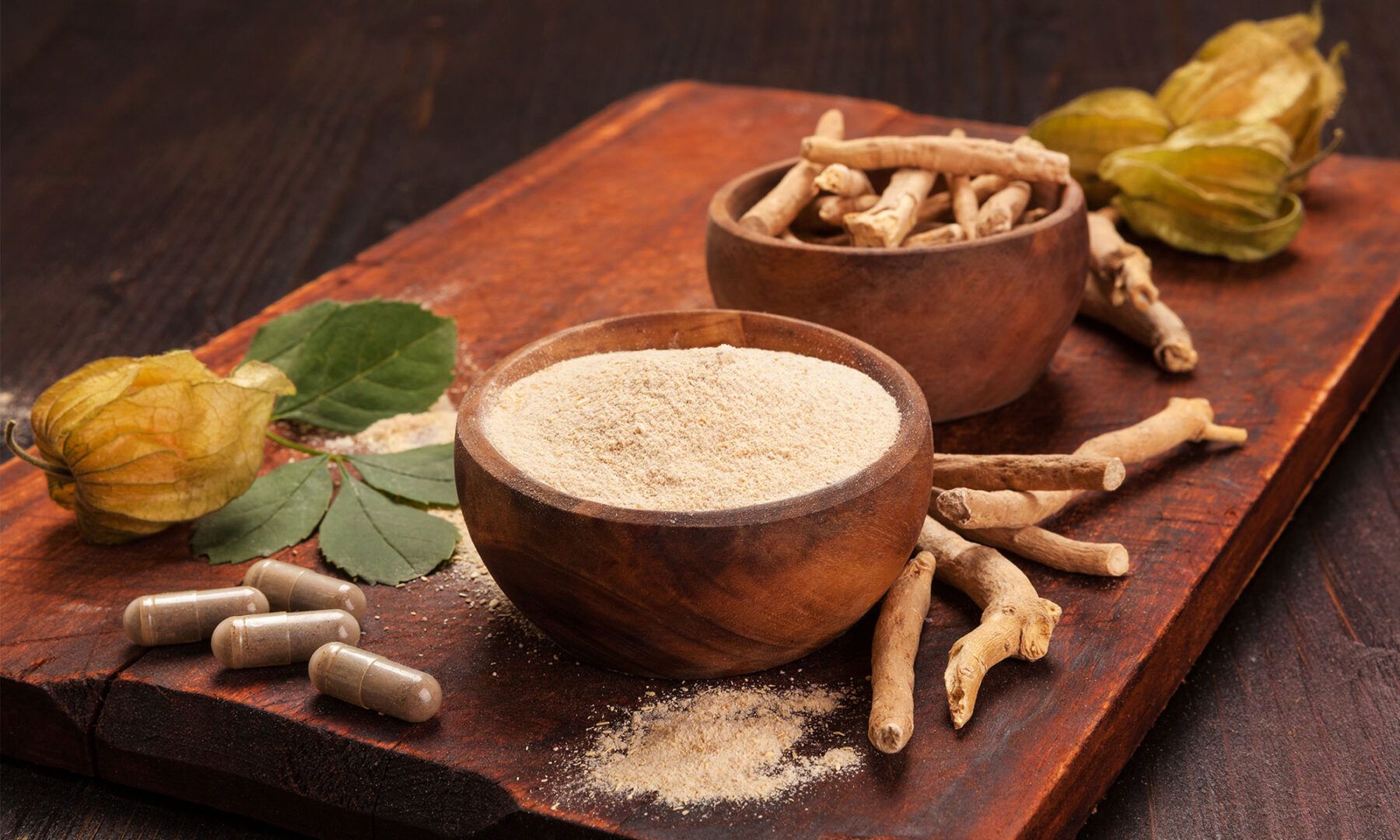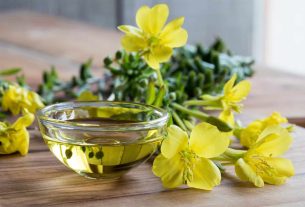Ashwagandha is a medicinal herb used for thousands of years in India and has become popular in the West due to its health benefits.
Ashwagandha is a very ancient Indian medicinal herb that offers several benefits for health and well-being. Therefore, this herb is part of the therapies used in Ayurveda, traditional medicine from India, an ancient system based on diet and the use of medicinal plants. Recently, Ashwagandha has been in great demand, especially in the West, due to its relaxing effects.
Also known as Indian Ginseng, Ashwagandha is mainly used to improve physical and mental performance, as it has considerable benefits in cases of stress and fatigue. Thus, some studies have already shown that this herb has the potential to help treat depression, increase fertility and testosterone in men and even improve brain function.
So, today we will learn more about the herb Ashwagandha and the benefits that have put the plant in the spotlight in recent times.
Ashwagandha

The plant with the scientific name Withania somnifera, is part of the Solenaceae family, just like the tomato. It also has red fruits, but its flowers are yellow. However, the medicinal part of the plant remains in its roots, which are used in medicinal treatments.
And as previously stated, Ashwagandha is included in the list of several natural remedies used in Ayurveda, also known as “the science of life”. It is a type of knowledge developed more than 3 thousand years ago in the region of India and Nepal. Therefore, it is one of the most notable practices in vernacular medicine today. And lately, several studies are focused on proving the therapeutic effects of Ashwagandha.
Although the plant’s leaves have been used topically for thousands of years to treat infections, burns and insect bites, the plant’s root is the main source of medicinal use.
As an adaptogenic herb, it helps regulate the endocrine, nervous system and immune function, while reducing stress hormones. Furthermore, it is a very nutritious plant, as it is rich in iron, and can be used to treat anemia, fatigue and excessive blood loss.
Therefore, Ashwagandha root has calming, antispasmodic, anti-inflammatory, immunological amphoteric, anxiolytic and analgesic effects, as well as a positive effect on the reproduction of men and women.
Benefits of Ashwagandha
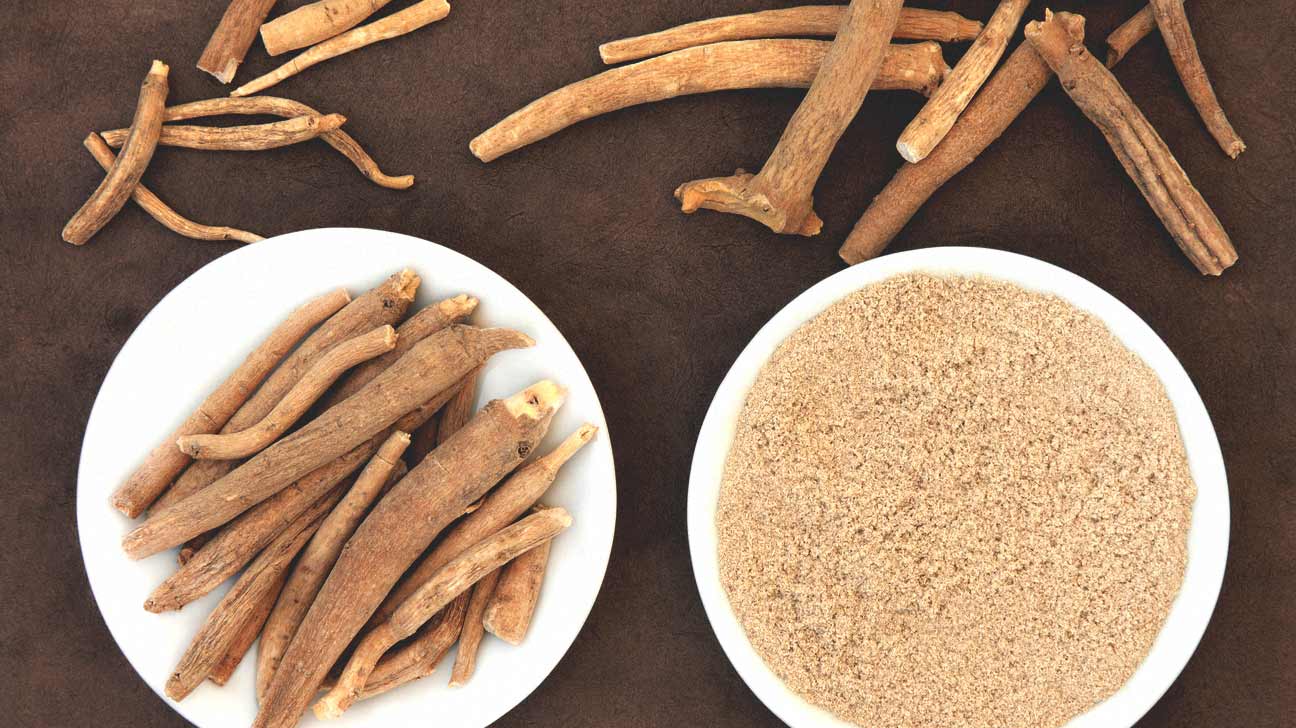
Due to its medicinal properties, Ashwagandha has several benefits for health and general well-being. Being a great option for treating stress and anxiety, as well as a variety of illnesses.
Reduces blood sugar levels
Different studies have shown that Ashwagandha is capable of reducing blood sugar levels. One such test-tube study revealed that the herb increased insulin secretion and improved insulin sensitivity in muscle cells. In human studies, it indicated that it can reduce blood sugar levels in healthy people and also diabetics.
Anticancer properties
Research carried out in animals and test tubes shows that withaferin (a compound from the herb Ashwagandha) stimulates apoptosis, that is, the programmed death of cancer cells, in addition to preventing the growth of new cells of this type. Therefore, it can be effective in fighting various types of cancer.
Reduces cortisol levels in the body
Cortisol is a hormone linked to stress. Recent studies have shown that the herb’s properties can help reduce levels of this hormone in the body. A specific study, carried out on adults with chronic stress, showed that those who took a supplement with the plant achieved significant reductions in cortisol levels, reaching 30%.
Ashwagandha reduces stress and anxiety
This is undoubtedly one of the main attractions, which draws the most attention to the Indian herb. It is known mainly for its ability to reduce stress, and consequently anxiety. And this has already been proven in studies carried out on rats and also on humans.
Relieves symptoms of depression
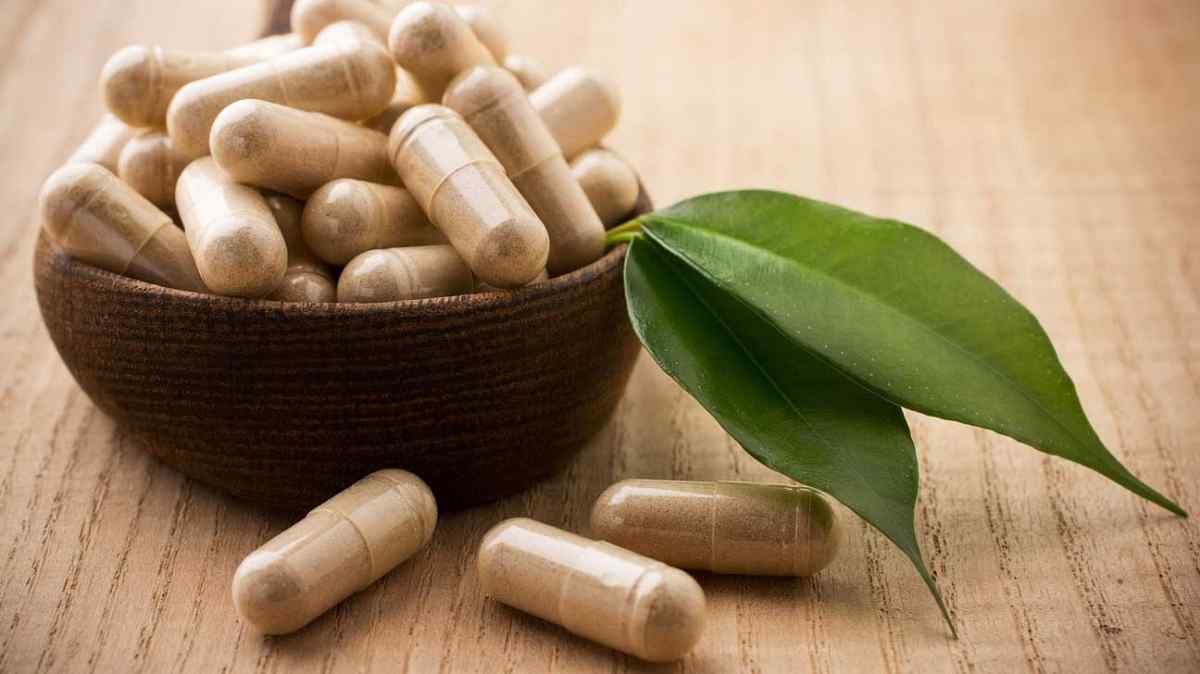
Still ongoing, some research already suggests that the herb can help alleviate the symptoms of depression. A 60-day study of 64 adults showed that those who took 600 mg of Ashwagandha extract per day reported a significant reduction in severe depression.
Ashwagandha improves fertility in men
Ashwagandha supplementation has powerful effects on testosterone levels and fertility in men. A survey carried out with 75 infertile men, divided into two groups, showed that the sperm count and motility of the group that took the herb increased considerably compared to those who did not take it.
Increased muscle mass and strength
Ashwagandha is capable of improving body mass composition, reducing fat and increasing strength
Good for inflammation
Several studies carried out on animals show that the herb helps to greatly reduce inflammation in the body. In humans, it revealed an increase in the activities of immune system cells, which act against infections and help keep the body healthy.
Reduces cholesterol and triglycerides
In addition to its anti-inflammatory effects, Ashwagandha helps improve heart health, as it reduces cholesterol and triglyceride levels in the body. In other words, it reduces the risk of heart disease.
Improves brain function and memory
Some studies have already shown that the herb promotes an antioxidant action that protects nerve cells from harmful free radicals. Thus, it showed that regular consumption of Ashwagandha extract contributes to significant improvements in brain function, activity performance, attention and memory in general.
How to consume Ashwagandha
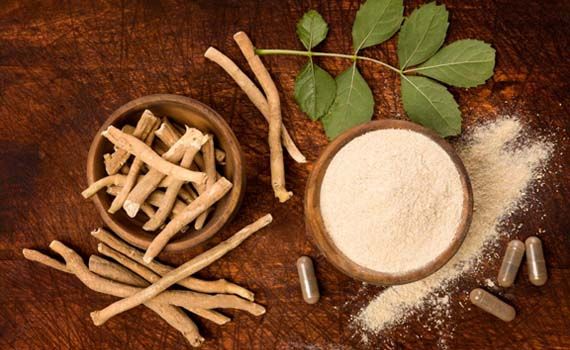
So, now that you know the main benefits of Ashwagandha, you may be wondering how to consume the herb. The truth is that it can be consumed in various ways, remembering that what is used are the leaves and roots of the plant.
In India, for example, the herb root powder is mixed with milk and molasses to drink or with ghee (clarified butter) or honey. But in addition, the herb is also available in other forms, such as capsules, fluid extract and its root can be boiled and turned into a tea. Regardless of how Ashwagandha is consumed, all preparations offer health benefits.
As for recommendations, in the case of capsules, it is recommended to take one capsule twice a day, before the main meals. The herb extract should be taken 2 to 4 ml with a glass of water, three times a day, recommended for treating insomnia and combating stress. And to prepare Ashwagandha tea, it’s very simple, just add a spoonful of dry herb root to 120 ml of boiled water and let it rest for a few minutes and then drink.
Ashwagandha side effects
Side effects from consuming Ashwagandha are not very common, however, although rare, in some sensitive people it can cause heartburn, vomiting and diarrhea. Therefore, it is not recommended for pregnant or breastfeeding women to ingest the plant, as well as patients with autoimmune diseases such as rheumatoid arthritis or lupus, or people with stomach ulcers. And also people who use medication for insomnia, as the herb has a sedative effect.
Anyway, what did you think of this article? In fact, take the opportunity to also check out Rooibos, what is it? Benefits and how to make tea from the South African bush.
Sources: Essentia Tua Saúde Viva Bem Health Line
Images: ALQ Natue Life Blog Natural Green Tea Follow Healthy Bodybuilding Fanatics

Sign up for our newsletter and stay up to date with exclusive news
that can transform your routine!
Warning: Undefined array key "title" in /home/storelat/public_html/wp-content/plugins/link-whisper-premium/templates/frontend/related-posts.php on line 12
Warning: Undefined array key "title_tag" in /home/storelat/public_html/wp-content/plugins/link-whisper-premium/templates/frontend/related-posts.php on line 13

